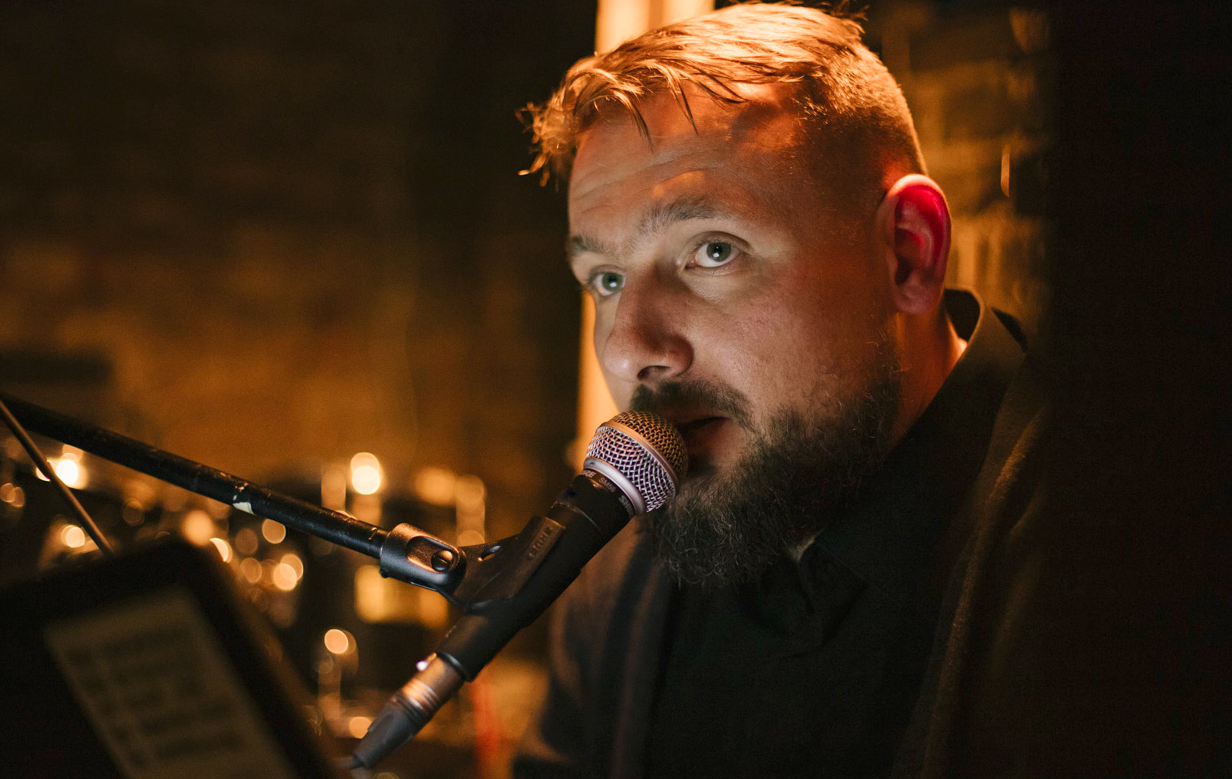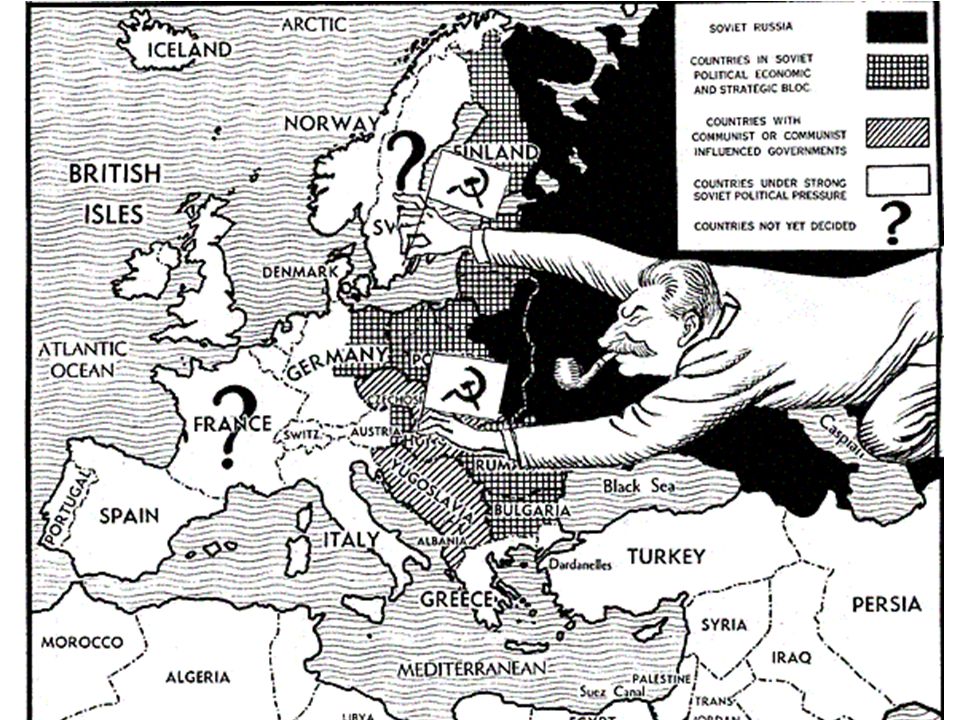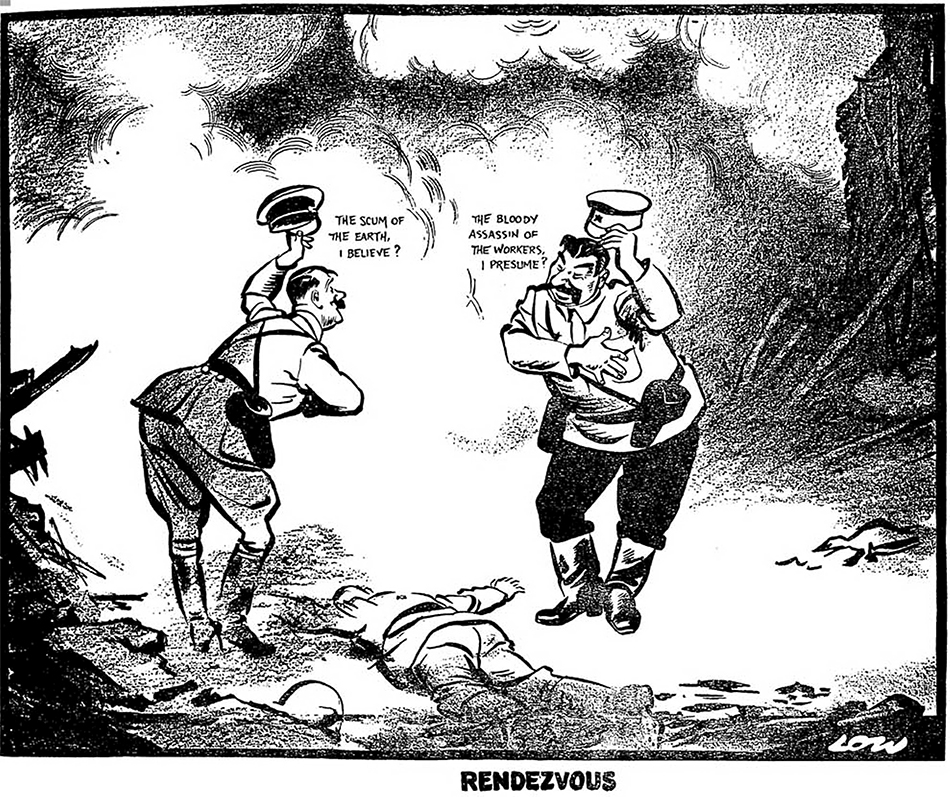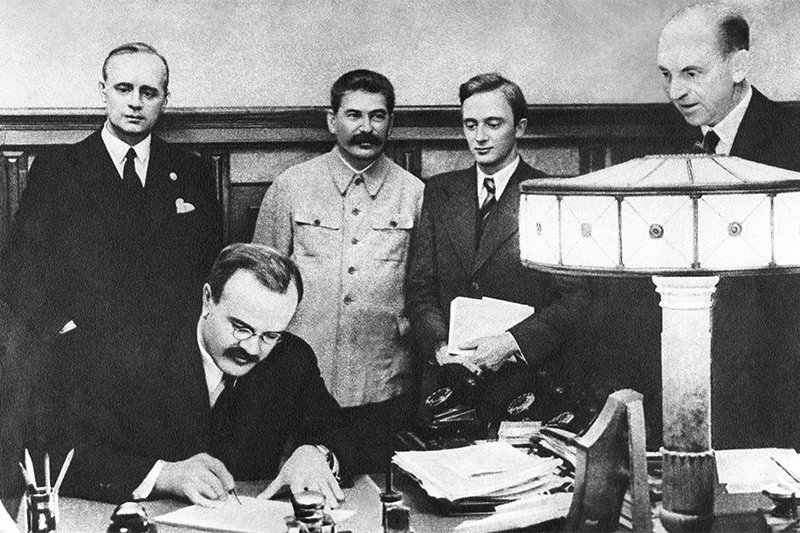We always have to say our goodbyes, and each one blends into the last. In 1941, my grandfather gathered everything that his wife and children could carry - clothes, household items, a little money, and simple jewelry - as they fled to the local railway station to embrace each other as a family for the last time. My grandmother and her two children were evacuated, while my grandfather enlisted in the army right away. This is how small ripples form where a pebble has just been dropped, and how people hug goodbye, unsure of what the future holds. The fate line is the heart's inner highway, with the West and East erased on the palm. It's the path to those we've lost, where war has already passed and should never have happened.
Grandfather never spoke about the war. He was a man of few words, and when he did speak, it was always with a loud voice, the result of a neck contusion and shrapnel wound. He was captured by the Germans somewhere between Kupiansk and Izium, where the Ukrainian Armed Forces surrounded the Russian horde in September 2022. Years before that, he was part of a tired army that had been defeated in battles from Lviv to Kharkiv. He escaped captivity and made his way through the front lines, only to be confronted by a Soviet military tribunal and sent to a concentration camp, where he later served in a penal military unit.
He was captured by the Germans while unconscious in the trenches, and when he escaped, he had no documents with him. Some soldiers hid them, while others burned or buried them, intending to return for them later. But none of them ever returned to those locations.
My grandfather's life was saved by a family album that my grandmother took along with their children and important documents when she discovered he was in one of the Soviet camps. She rushed there to prove that he was not a spy, that he had documents, a family, work with photos, and children. They were not allowed to meet, but his death sentence was changed to service in a penal military unit.
In my memory, my grandfather is a large man with gray hair. When he washed, there were strange marks on his chest and neck, like dried wax or glue stains. He had trouble hearing and spoke so loudly that the chandeliers and dishes in the cupboard rattled. My grandfather visited my father shortly before his death and spoke to him from the porch, still outside the door. My father grew up without him because, even after returning from the war, my grandfather had an affair, which my grandmother never forgave.
My father and grandfather would spend hours playing chess, sitting motionless beneath a chandelier with a long golden cord, right up until his death. They'd stay up late to make up for lost time, arguing only to resolve their differences. The force of grandfather's words would rattle the lamp in the kitchen, and they would continue playing. My mother would shoo them both out of the kitchen to make breakfast in the morning.
Ukraine is a major battleground for understanding WWII: historian Serhii Plokhii
Half a year after my grandfather's death, my father and I made our last trip to Kharkiv together. On the way back, my father would stop in the lobby of the Kharkiv railway station, look up at the chandelier hanging high under the ceiling, take my hand, and we would leave without looking back, never to return to that place together again.
As an adult, I find it impossible to simply pass through the railway stations in Lviv and Kharkiv on my way to the city. I see and hear my father and aunt among the crowds of 2022 refugees, their mother carrying bundles and my grandfather's back covered in a military smock. I feel safe from German bombers as I walk through the tunnel from the platform. Under the magnificent chandeliers and high ceilings of 1941 and 2022, I feel my family’s final hugs.
In March, I see my family off just as calmly, and the sirens sound just as shrilly, announcements are made in the same monotone voice, and people are and people jostle for space. The driver of the Vinnytsia-Warsaw bus scolds me harshly when, for the last time before departure, I try to jump on the platform and catch one more glimpse of them before the flow of time erases the traces on the asphalt and the scent in the house. I stand there watching the children's palms wave in the dark window until the bright bus disappears around the corner.
For thousands and thousands of generations to come, these are the points of no return. Every time I stand under the large chandelier in Lviv, I see all of my relatives: standing, hugging, and looking into each other's eyes, not knowing what will happen. And I already know. A long separation and doubts, despair, a difficult victory, a life spent apart from human destiny in different cities, on streets with different names, in houses with different numbers on the walls. I know almost everything about each of them since that fateful day in 1941 at the Lviv railway station. I stand right next to them, trying not to think about what will happen to us now.
I walk with my backpack among the crowd through the station to the fountain, stop under the chandelier, stand for a moment, and look up. I hail a taxi to my new address and set out to buy another car for the army, which will be heading to Kharkiv again. There, on Pravda Street, is the house where we fled to our grandfather when the Chornobyl disaster happened. The garages are no longer the same, but they appear familiar, and the bridge to the zoo is different, as is the gate, which is new and massive. Even after all these years, you can still hear the predators behind the fence in the dark if you close your eyes tightly. My younger brother and I would stay awake, wondering whose voice sounded so frightening. Is it a lion, panther, wolf, or tiger?
Let us now consider what cluster munitions are humming through the labyrinths of Kharkiv streets at night, and how far away they are. The house sways as if it's dancing. Tomorrow, God willing, we must distribute cars and medicine.
I think back to 1986 in the Kharkiv cable car: Chornobyl is on fire, but my mother and I are traveling in a red cable car high above Kharkiv. It abruptly came to a halt because a boy and girl in another cabin have begun to dangle their legs outside. They sit comfortably and smoke cigarettes, and people from other cabins yell at them, but they're fine there, and my mother and I are fine. We have the entire summer in our pockets, ice cream in waffle cups, and the rest of eternity ahead of us.
I can still see all of this as I drive under these cabins to the recently-liberated Derhachi, then to the North, and then to the East, all the way to the place where grandfather would be captured by the Germans half a year after saying goodbye at the Lviv train station, the only survivor of the entire anti-tank gun crew.
Related:
- They thought we are cave people: stereotypes Ukrainian refugees face in Europe
- I’m done believing we’re the stupid ones, Ukrainian soldier tells Jonathan Franzen
- Lviv Garrison Church chaplains help soldiers find God amid war. And a pair of good boots
- Ukrainian theology professor turned sniper tells how to hunt for Russian invaders
- I am a researcher, not a military man. But there is war…
- “Dearest daughter, it’s total Hell. Death is everywhere” – Ukrainian father on the frontline
- Russian occupiers launch war on Ukrainian history, burning books and destroying archives
- The Russian invasion of Ukraine is an assault on the very concept of freedom
- From retiree to millionaire: 7 stories of heroism during the war in…
- The Russian invasion of Ukraine is an assault on the very concept of freedom





